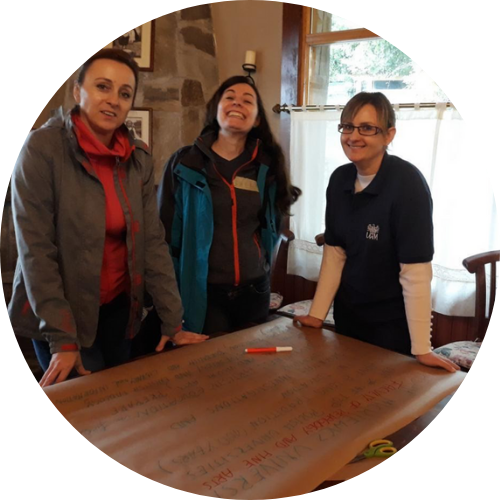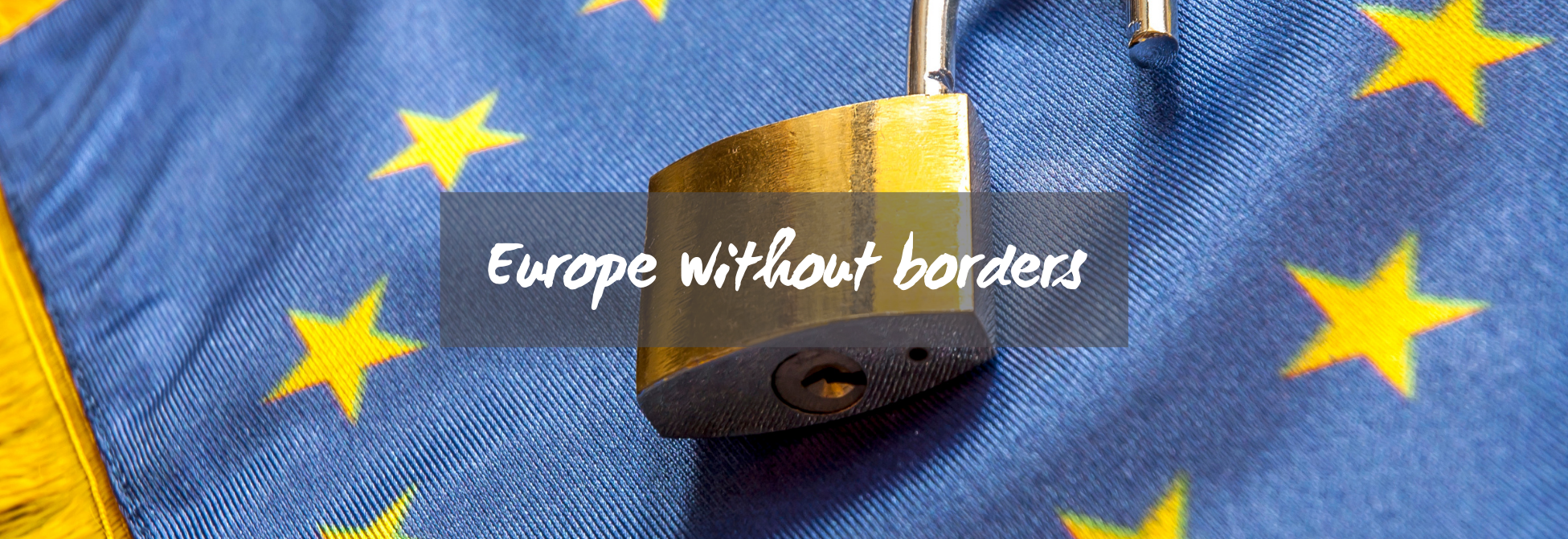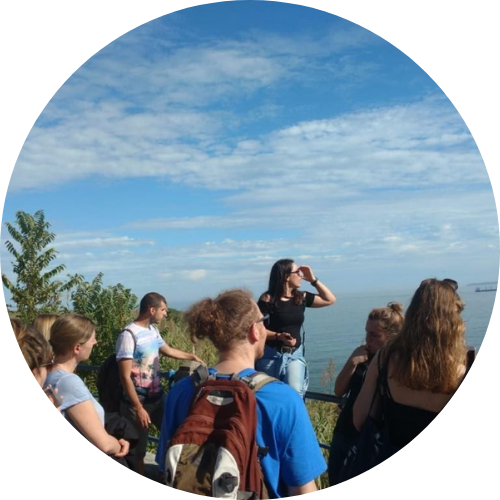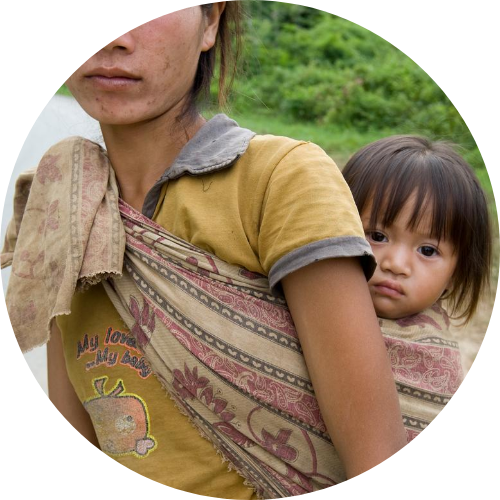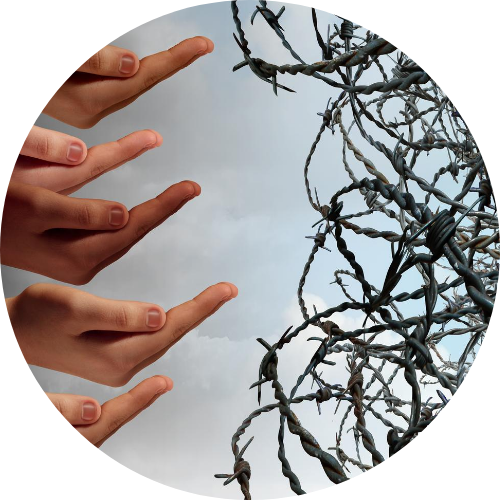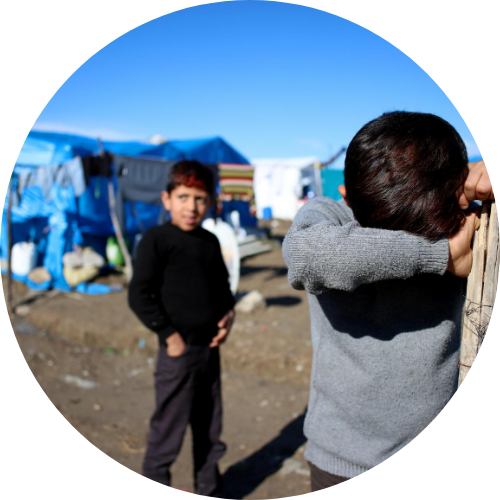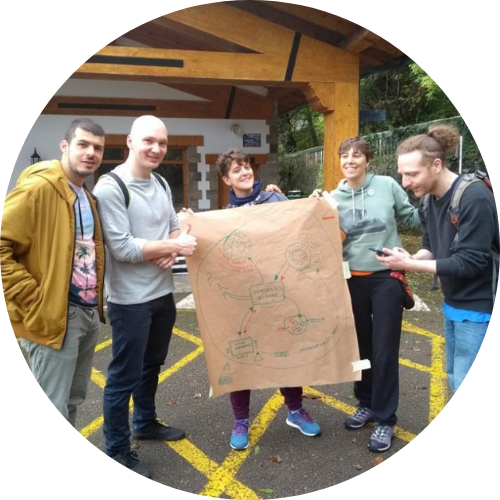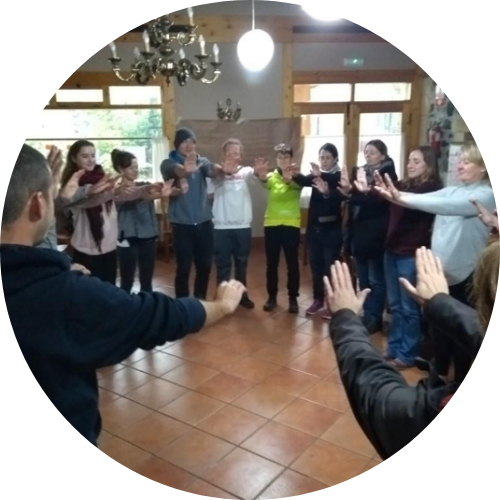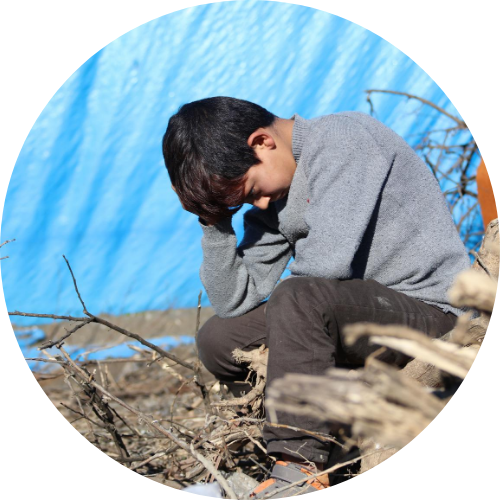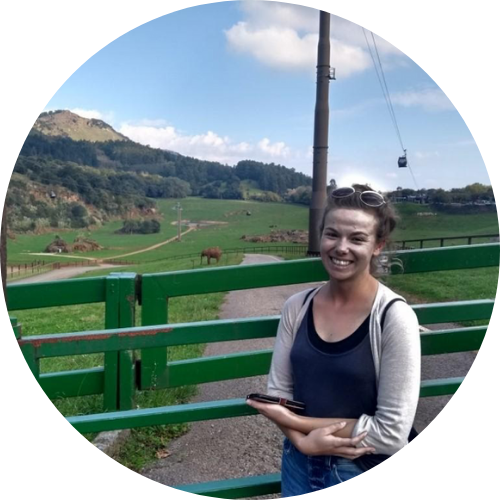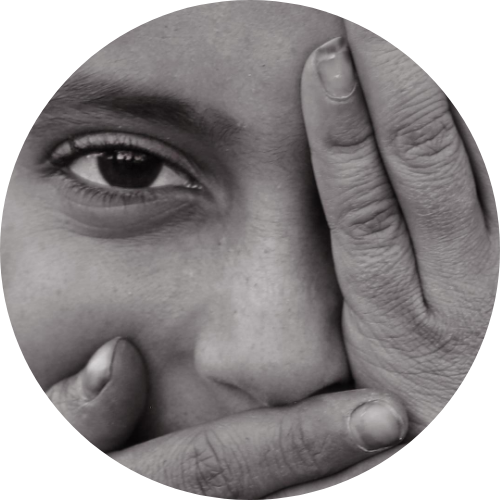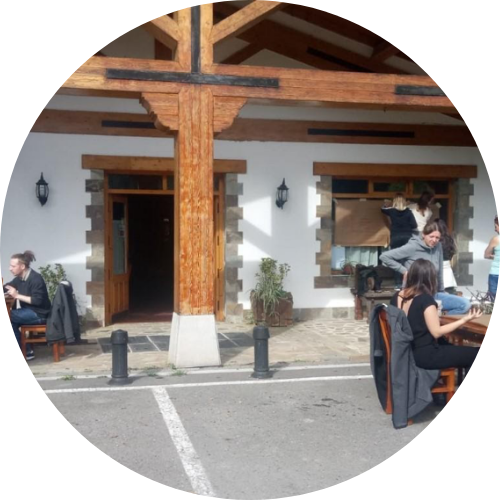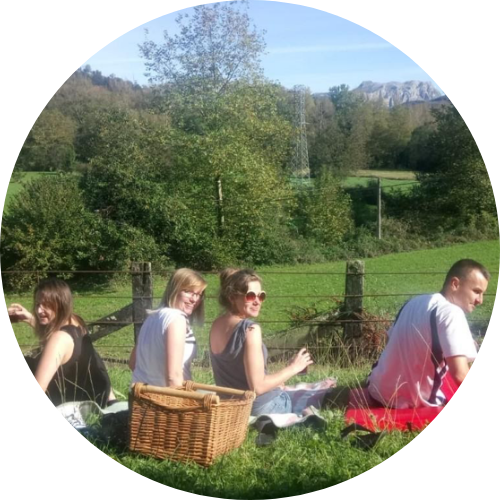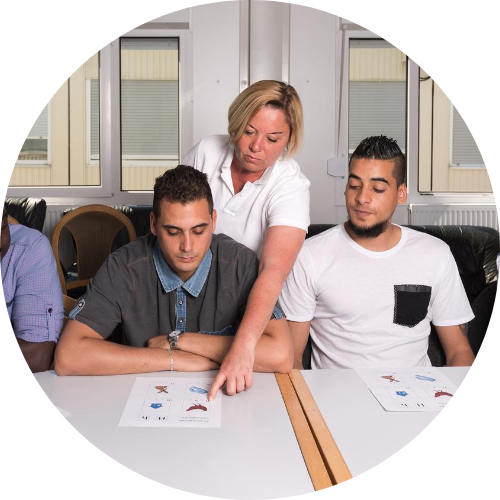Since the outbreak of the war in Syria in 2011, we have experienced the largest refugee crisis in Europe in recent times. Hundreds of thousands of refugees have also tried to reach the borders of the European Union from Congo, Iraq or Yemen, and our governments have been unable to cope with these circumstances, demonstrating their inability and unwillingness to meet their humanitarian obligations.
In this difficult political and social context, the work of reception of refugees by organizations is even more important, both for the assistance provided directly to immigrants and for raising public awareness of the importance of our governments in fulfilling their mission to protect and integrate the arrivals.
ABOUT THE „EUROPE WITHOUT BORDERS” PROJECT
The project was implemented by six organizations from Poland and Europe: Active Women Association, Permacultura Cantabria, A.Mickiewicz University, Green Elephant Foundation, Center for Women’s Rights, Institute of Tolerance. As a partnership of educational organizations from Europe we decided to improve our tools for cooperation with migrants. We learned from the experiences of other countries and in the unusual, truly multicultural context of Spain, which also broadened our perception of the integration phenomenon. Analyzing the course programs proposed by several organizations from different European Union countries, we decided that the experience of Permacultura Cantabria was the most complete and fitting to our interests.
OBJECTIVES OF THE PROJECT
Understanding the refugee phenomenon in its complexity and diversity
During the project we delved into the reasons why people run away from home, identifying the diversity of their situations, their trajectories or stories. At the same time we compared the differences in the reception and integration of refugees between countries. We conducted a joint reflection to share our knowledge about refugees and identified the main challenges we face.
Conducting an exchange of good practices
Each organization described its work with refugees and learned about the process of their reception and integration in Spain, taking into account the different actors involved (central government, local government, NGOs, etc.) and their regional specificities, not forgetting also the difficulties of this kind of work and how they can be overcome.
Building a common workspace
One of our goals was also the integration of partner organizations in order to develop our cooperation in the medium and long term and cooperation in the international space, the first step of which was the implementation of the course in Spain.
TRAINING TO WORK WITH EMOTIONS FOR PEOPLE WORKING WITH REFUGEES
As part of the project, we conducted a 10-day course in Spain in October 2019 on the process of reception and integration of refugees and immigrants and social and emotional work with them. The training was attended by 11 people from Poland, representing 5 educational organizations.
Moreover, an integral part of the project was an internal workshop organized and presented by those who took part in the course in each organization participating in the project. During the above mentioned workshops the participants shared the tools and good practices acquired in Spain and information about European funding programs for educational initiatives.
THE IMPACT OF THE PROJECT
Participants
During the project participants got acquainted with the knowledge about the phenomenon of refugees and their skills of working with this group were extended and improved. The training had an integral impact on staff members, with both personal and professional benefits, as participants also increased their motivation and job satisfaction. In addition, their ability to work in a group was improved through active participation in partnerships and exchange of practices and experiences.
The professional path of the participants also gained an additional international dimension and they obtained accredited qualifications.
ORGANISATIONS FORMING A PARTNERSHIP
The organizations have improved the quality of services offered to refugees and migrants as they can now have better prepared staff.
The members of the organizations have gained knowledge and skills that were passed on during the course and internal workshops, so all employees have benefited in some way from mobility.
Participation in the project also served as a training for the organization in preparing participants for the training. The partners also learned how the course program was prepared, what tools were used to evaluate it and how the relationship between the trainers and participants looked like. Moreover, the project was the first step in building a solid network of cooperation between organizations at national and European level. The network will contribute to the flow of information between the organizations and the respect of the commitment to help and integrate refugees.
Project has been co-funded by POWER program of European Union.
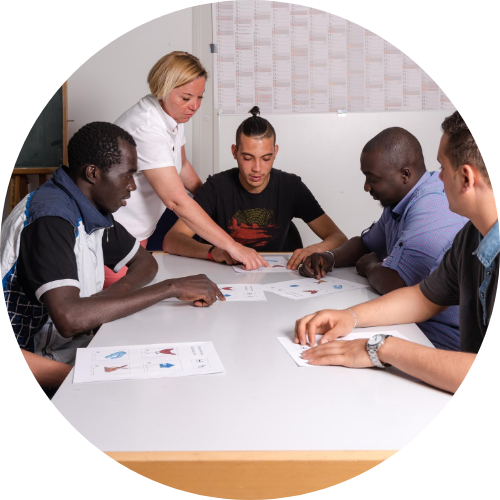
ZOBACZ WIDEO Z KURSU W HISZPANII
